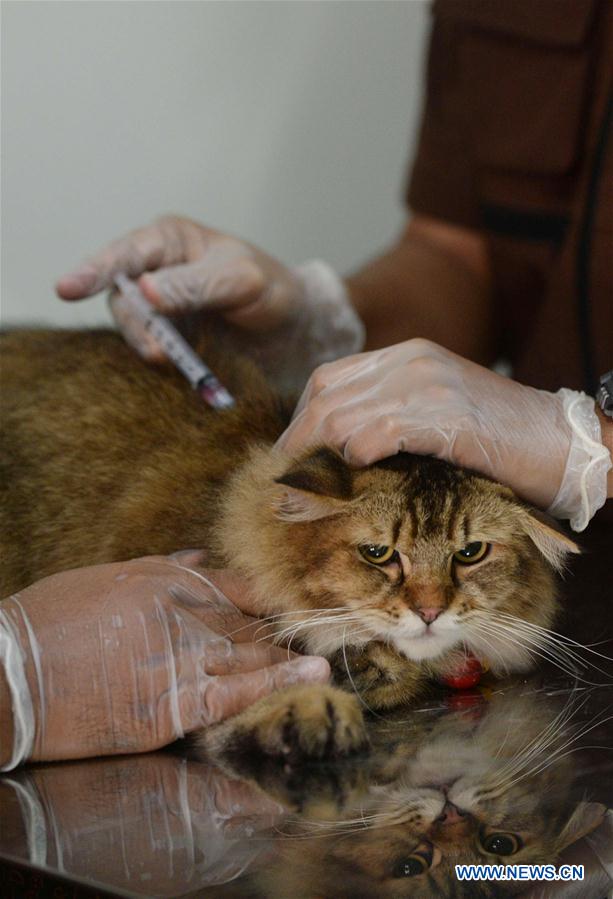## Captivating Insights: Understanding Your Cat's Health Through Cat Blood Analysis
### Introduction to Cat Blood AnalysisWhen it comes to maintaining the health and well-being of your feline friend, **cat blood analysis** stands out as an……
### Introduction to Cat Blood Analysis
When it comes to maintaining the health and well-being of your feline friend, **cat blood analysis** stands out as an essential diagnostic tool. This comprehensive examination of your cat's blood provides invaluable insights into their overall health, allowing you to catch potential issues early and ensure a long, happy life for your pet.
### Why is Cat Blood Analysis Important?
Regular **cat blood analysis** is crucial for several reasons. Firstly, it helps in identifying underlying health conditions that may not be apparent during a routine veterinary check-up. Diseases such as kidney failure, diabetes, and infections can often be detected through abnormalities in blood parameters. Early detection can lead to timely interventions, significantly improving your cat's prognosis.
### What to Expect During a Cat Blood Analysis

The process of **cat blood analysis** is straightforward. Your veterinarian will take a small sample of your cat's blood, usually from a vein in their leg or neck. This sample is then sent to a laboratory for analysis. The results typically provide information on various components, including red and white blood cell counts, hemoglobin levels, and biochemical markers that reflect organ function.
### Key Components of Cat Blood Analysis
1. **Complete Blood Count (CBC)**: This part of the analysis evaluates the different types of cells in your cat's blood, helping to diagnose conditions such as anemia, infection, and immune disorders.
2. **Biochemical Profile**: This analysis measures various enzymes and substances in the blood, providing insights into your cat's liver, kidney, and pancreas function. It can help identify metabolic issues or organ dysfunction.

3. **Thyroid Function Tests**: Hyperthyroidism is common in older cats. Specific tests can determine if your cat's thyroid levels are within a healthy range.
### Interpreting the Results
Understanding the results of a **cat blood analysis** can seem daunting, but your veterinarian will help you interpret the findings. Elevated or decreased levels in certain parameters can indicate various health issues. For example, high levels of creatinine may suggest kidney problems, while low red blood cell counts could indicate anemia.
### The Benefits of Regular Blood Tests

Regular **cat blood analysis** is not just for sick cats; it’s also beneficial for healthy cats, especially as they age. Routine blood tests can serve as a baseline for future comparisons, making it easier to spot changes in your cat's health over time.
### Conclusion: Prioritize Your Cat's Health with Blood Analysis
In conclusion, investing in regular **cat blood analysis** is a proactive step towards ensuring your cat's health and longevity. By understanding the significance of blood tests and recognizing the early signs of potential health issues, you can take charge of your cat's well-being. Remember, your veterinarian is your best resource for guidance on the frequency and necessity of blood tests tailored to your cat's specific needs. Prioritize your cat's health today, and enjoy the peace of mind that comes with knowing you’re doing everything you can to keep them happy and healthy.